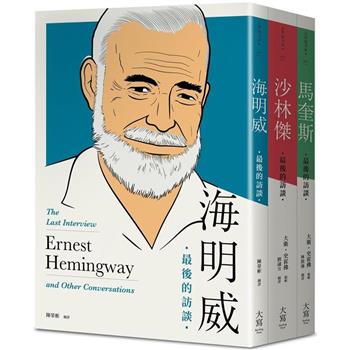Nyāya Sūtra offers a new English translation of the text ascribed to Akṣapāda, an Indian philosopher who lived around the beginning of the Common Era. The translation is accompanied by the original Sanskrit text and an original commentary.
The commentary explains every sūtra separately and identifies the sources of the Nyāya Sūtra. It analyses the way older ideas on epistemology, logic, and soteriology were presented as a new coherent system of thought. The book puts forward the main goal of the Nyāya Sūtra: to define what it considered the basic tenets of a soteriology and how the goal of this soteriology could be reached by rationally applying epistemological and logical methods to finding out the truth. In turn, this truth was thought to lead to the ultimate soteriological goal of freedom from suffering. Showing the coherence of the text and its ultimate goal being soteriological, the new commentary also discusses many scholarly issues regarding the Nyāya Sūtra and its position in the history of Indian philosophy.
This book will be of interest to researchers studying Indian philosophy, world philosophies, epistemology, logic, philosophical method, art of debate, soteriology, rationalism, spirituality, Hinduism, Indian religions, and religious studies.

 看圖書介紹
看圖書介紹









